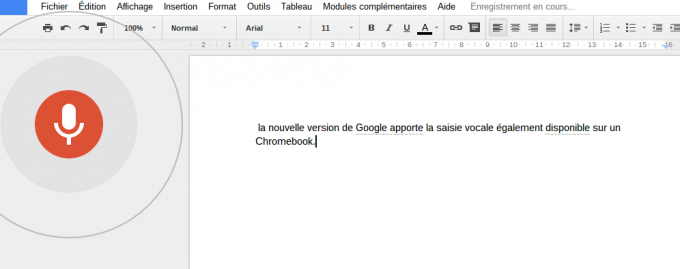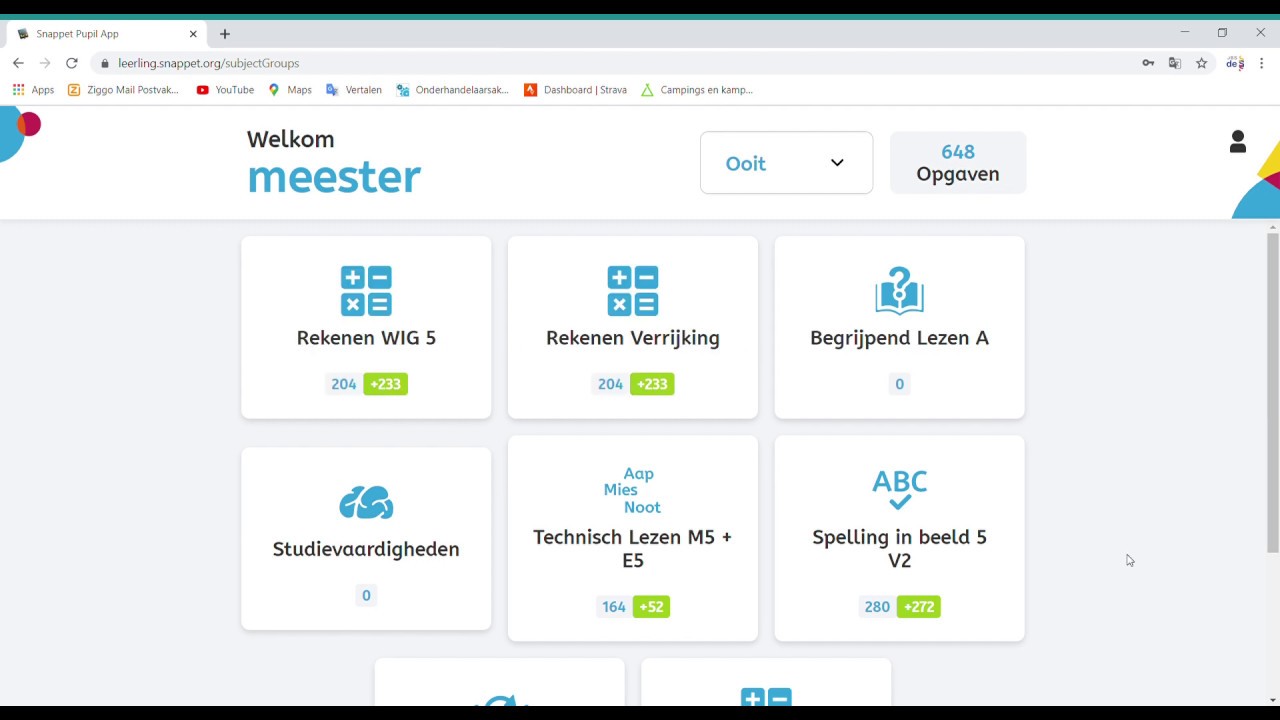
They can also use SD cards and USB drives to keep hold of their documents.Ī Chromebook is also a great low-cost option, with prices dipping as low as $100/£120/AU$140 during the holiday season for the low-end models. Storage isn't a problem if Google-focused students can store their files with Drive. Chromebooks vs laptops: which is better for school work?Ī Chromebook is a good choice for a student that is primarily using the computer for web browsing, word processing, or streaming video and audio. This is because Chrome OS, and the apps it runs, do not need as much storage space as Windows and are designed to save your documents to the cloud. Chromebooks typically include much less storage, sometimes as little as 32GB. Windows laptops also usually have a lot of local storage, from 128GB on the low end – those apps and files, after all, take up a lot more space. The upside is that students can use the same computer to both write a term paper and play the best PC games when they're done and need a post-homework break. The best Windows laptops and the best MacBook and Macs usually require high-powered CPUs and GPUs, as well as faster memory, which means they tend to cost more. Traditional laptops run on much more robust operating systems Windows 11, macOS and Linux, an open source operating system. The reason for this is two-fold: the Chrome OS is lightweight enough that it really doesn’t need a powerful chip to run, and it keeps the cost of Chromebooks down.

On the other hand, Chromebooks usually have lower-performing chips and graphics inside, although a handful of premium Chromebooks have been known to run on Intel Core chips. That’s because typically they have more capable microprocessors – usually from Intel or AMD – and more robust integrated or discrete graphics powering them. If you’re doing a Chromebooks vs laptops comparison in terms of power, a strong case is made for laptops. Internally, however, the two couldn’t be more different.

And, just like laptops, many Chromebooks are clamshells, while quite a few others tout touchscreen displays and a 2-in-1 form factor. Both are notebooks with a keyboard, a camera, a built-in screen, and a trackpad. After all, a Chromebook is technically a laptop, just with a different operating system. To the untrained eye, a Chromebook and a laptop may look the same. (Image credit: Asus) What's the difference between Chromebooks and laptops?


 0 kommentar(er)
0 kommentar(er)
